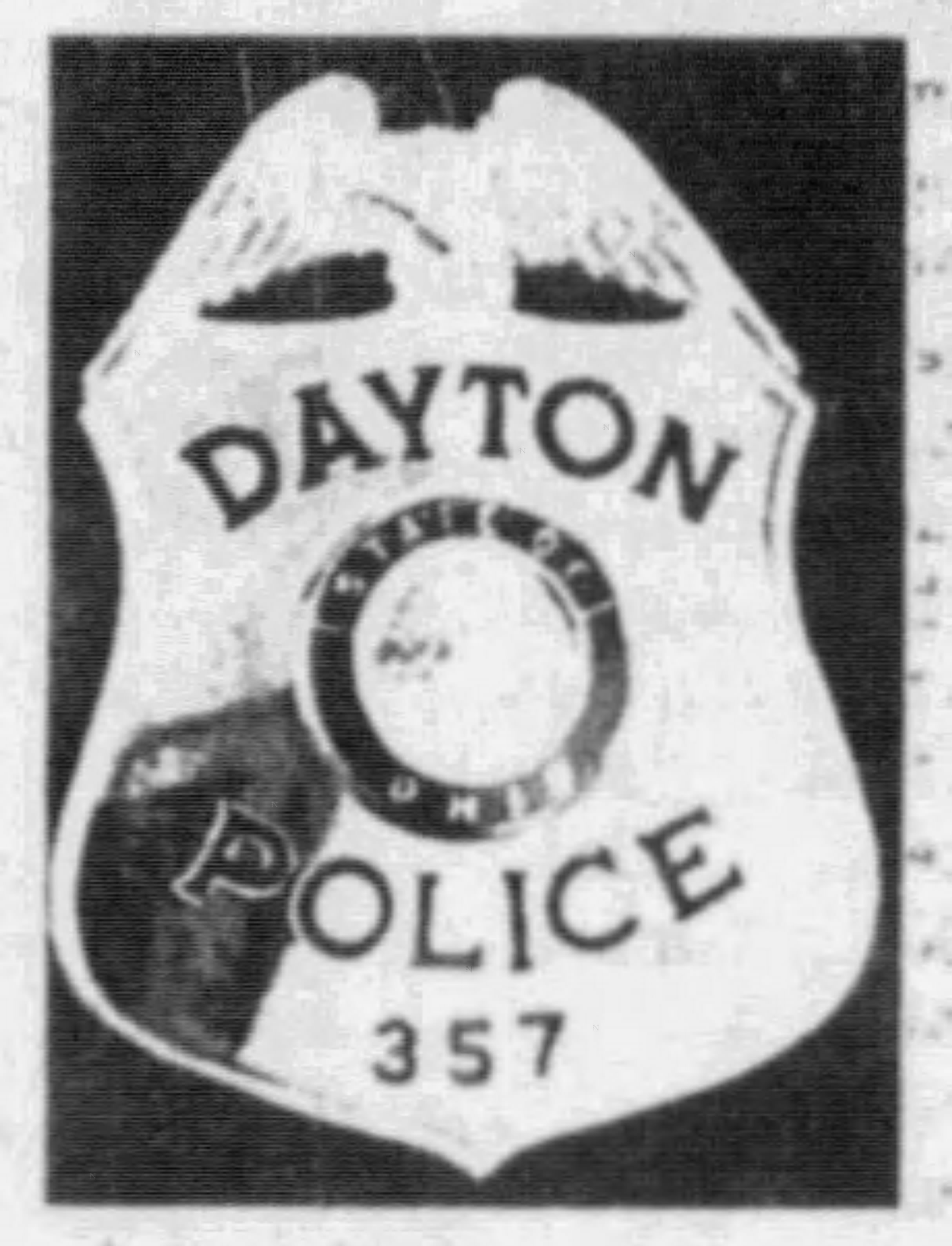With the statute of limitations having run out on most of his deeds, O’Connor said that while he approved illegally wiretapping the telephones of the Black Panthers, he did not approve of other taps.
“Well, I wasn’t giving a lot of attention to it, because that was the Black Panthers,” he said. “Sure, I wanted to know what they were up to. And I’d have gone to the penitentiary if they’da wanted to send me.”
GEM CITY CONFESSIONS
A project from the Dayton Daily News

Earlier this year the Dayton Daily News published the special series Gem City Gamble: Dayton’s police corruption, gangsters and the downfall of Pete Rose. Following the popularity of the series and requests from readers for more, reporter Wes Hills dug into his notebooks and conducted new interviews for a follow-up series revealing more details about how police corruption shaped the city’s history.
These stories are compiled in a new series we’re calling Gem City Confessions.
Back in 1975, O’Connor announced that “no evidence has been presented to substantiate the charge” that his department engaged in illegal wiretapping following a brief investigation by the city’s law department ordered by former City Manager James A. Alloway.
O’Connor said wire taps are illegal and such activity is prohibited on direct orders issued by him and former police chief Robert M. Igleburger.
He later admitted the wiretapping began during the riots and other civil unrest during the late 1960s.
‘I’ll kill you’
O’Conner, who was often likened to John Wayne because of his imposing figure and gruffness, said he joked to Sgt. Robert Reynolds, who is now deceased, “Go out there and kick in his (Stepp’s) door at 3 o’clock in the morning and bring that SOB down here.
“Well, they took me literally,” O’Connor said with a laugh.
“They brought him in and sat him down and I told him straight off, ‘You (mess) with me or my family, I’ll kill you.’”
He said Stepp immediately ran to his attorney, Paul Rion, who is now deceased.
O’Connor said when Rion called, he repeated his promise to kill Stepp. “And Paul said, “If you do, I’ll defend you.”
After the confrontation, O’Connor said Stepp, who is deceased, stayed out of the city during the rest of his career, keeping his business in the county.
Former Dayton Mayor Paul R. Leonard ultimately forced O’Connor to end his 42-year career in the police department and retire.
“I felt like shooting the SOB,” O’Connor said of Leonard. “The physical condition I was in at age 70 — I could whip half of those young cops.”
He claimed he was also a tough disciplinarian.
“I suspended more people ... than any 10 chiefs they had. It’s a tough occupation and you can’t stay out of trouble. I got in lots of trouble.”
While never accused of being a civil rights activist, O’Connor said the city’s best mayor was also its first Black mayor — James H. McGee.
“He’d come down here (to the police department) screaming about something,” O’Connor said of McGee, who served from 1971 to 1982. “We’d scream for about 30 minutes. I’d go get a cup of coffee and by the time we finished it, his anger was gone and so was mine.”
McGee, who was also no slouch when it came to being gruff, returned the compliment.
“He (O’Connor) was kind of a tough guy,” McGee said. “He was the chief,” noting younger officers didn’t dare take him on publicly.
“He always ran a rough, tough police job and kept people in their place.”
About the Author